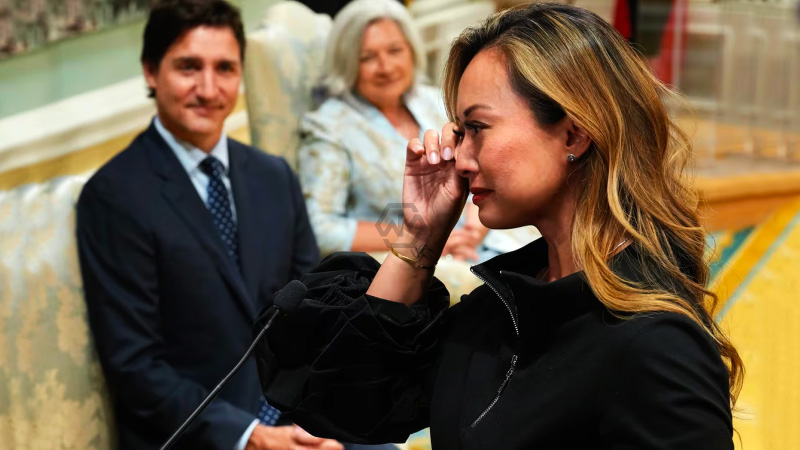Nearly a million Filipinos, who are regarded as the most politically underrepresented community in Canadian federal politics, are represented by Rechie Valdez, the minister of small business in Canada’s federal cabinet shuffle.
Despite having 960,000 members, the Filipino-Canadian community has not had a single representative in Parliament since 2004. Filipinos have a distinctive demographic makeup, with lower rates of poverty and unemployment than the general population. However, they also earn less from their jobs and have lower pay.
Canada’s first Filipina federal minister
Filipino wage employees make an average of $26.59 per hour, less than the national average of $33.22 and the average for all racialized groups of $31.23. Filipino immigrants are disproportionately represented in some sectors and professions, including manufacturing, utilities, and health occupations.
The Trudeau administration has put in place programs tailored to particular ethnic groups to assist members of other communities in overcoming obstacles and breaking into the economic sphere.
- Million Filipinos underrepresented in Canadian politics, represented by Rechie Valdez.
- Trudeau administration implements ethnic group-specific programs for economic growth.
- Filipino-Canadian community lacks enthusiasm for scholarship programs; experiencing revitalization.
While Indigenous-owned enterprises have access to starting loans of up to $500,000 and preferential access when bidding for government business, Black Canadians can qualify for special loans of up to $250,000 via the Black Entrepreneurship Loan Fund.
Filipinos, however, have not been given equal access to scholarships and higher education. After the 2015 election, the Trudeau administration emphasized the necessity of bringing back the long-form census, claiming that an “evidence-based” government required accurate data to make sound decisions.
The Filipino-Canadian community, although being the fastest-growing ethnic group in Canada, hasn’t shown much enthusiasm for setting up scholarship programs for Filipinos. The neighborhood is experiencing “reinvigoration” and is happy to have a minister in the cabinet.
The first cabinet insider, in Atanacio’s opinion, will help represent the Filipino community and in putting forward suggestions and ideas for how to further support it.



